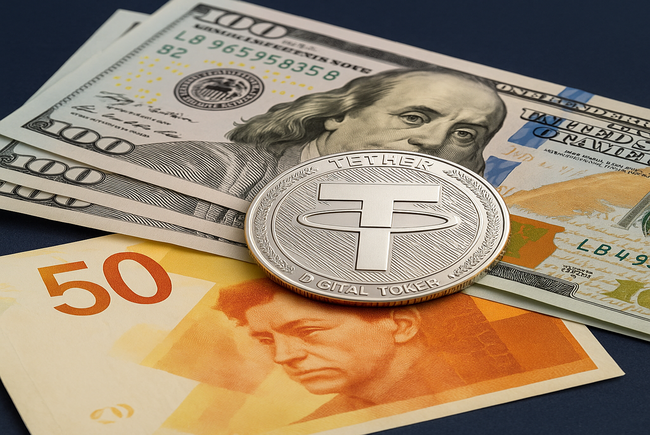A decentralized network protocol is a set of rules that governs how data is transmitted and managed across a network without central control. In this setup, multiple nodes or participants share responsibility for validating and storing information.In such networks, each participant maintains a copy of the data, enhancing security and resilience. If one node fails, the network continues to operate, reducing the risk of single points of failure. This structure promotes transparency, as all transactions can be independently verified.Consensus mechanisms, like proof of work or proof of stake, ensure that all participants agree on the state of the network. These methods help prevent fraud and double-spending while maintaining the integrity of the system.Overall, decentralized network protocols foster trustless interactions among users, allowing for peer-to-peer transactions and collaboration without relying on intermediaries. This approach not only enhances security but can also lead to more efficient and inclusive financial systems.

Tether Freezes $1.6M in USDT Linked to Gaza-Based Terrorist Financing
Tether, the issuer of the USDT stablecoin, said it worked with U.S. authorities to freeze and reissue about $1.6 million



